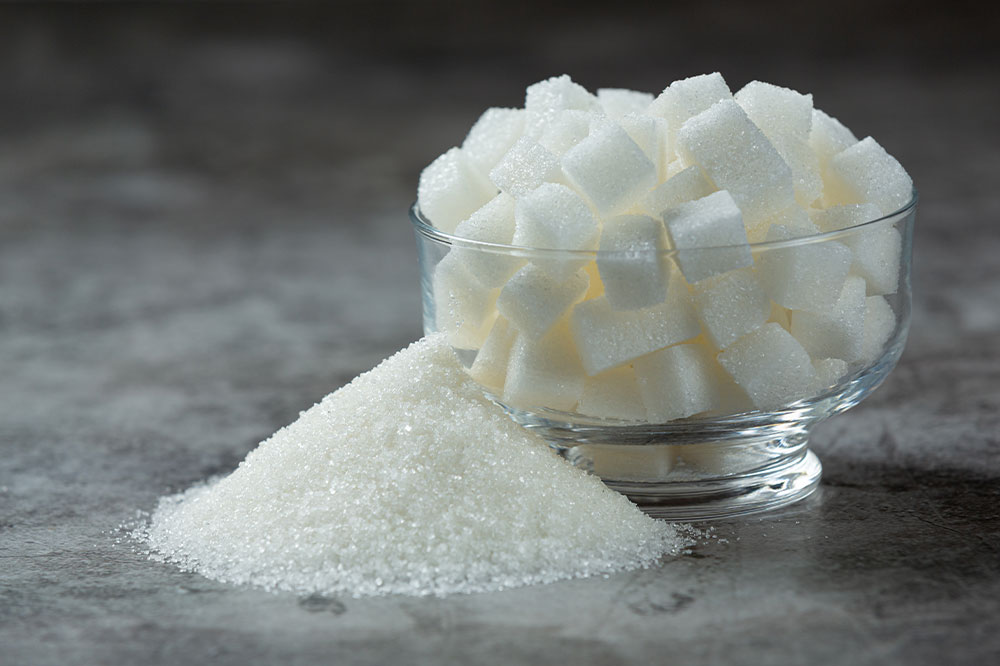
Avoid these 5 skincare mistakes that can cause premature aging
A skincare routine is vital for keeping the skin healthy and young for a long time. This also helps you avoid skin diseases and other problems. Skin problems brought on by neglecting the skin are wrinkles and dullness, which are common signs of aging. While aging is inevitable, premature aging can be prevented with a proper skincare regimen and by avoiding common mistakes. So, here are some lapses that could be responsible for premature aging: Skipping sunscreen Applying sunscreen on freshly cleaned and moisturized skin every day is one of the crucial steps in a good skincare routine. Some people ignore this step which can have adverse effects on the skin and cause skin diseases. Sunscreen protects the skin from toxic rays of the sun and other harmful agents in the environment. Several studies have proven that about 70% of premature aging symptoms are brought on by sun exposure, making it essential to protect the skin. Forgetting the neck This is probably one of the most common mistakes that people tend to make while following their skincare regime. They tend to apply all the products only to their face and forget all about the neck. The neck is as visible as the entire face, and the skin there is delicate and needs care too.
Read More 










